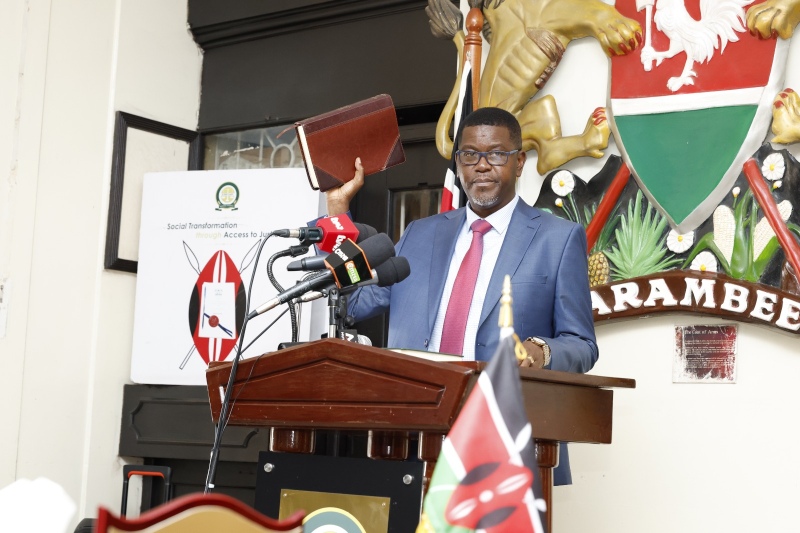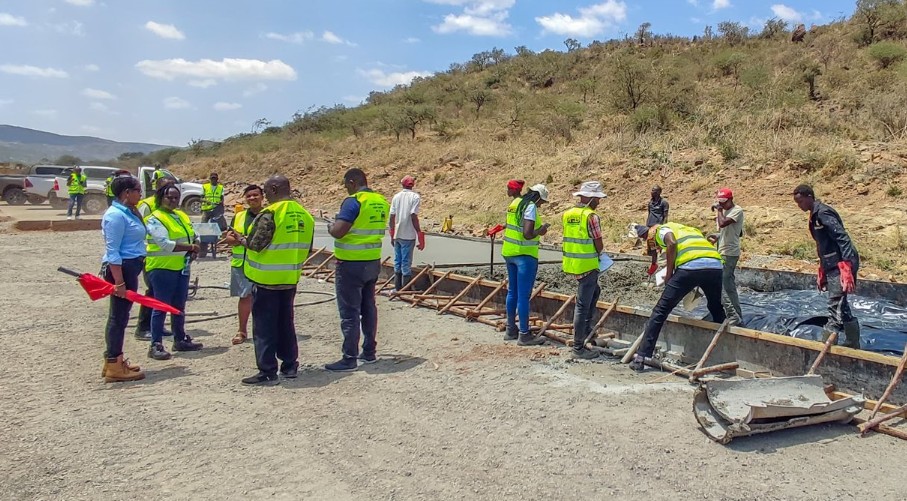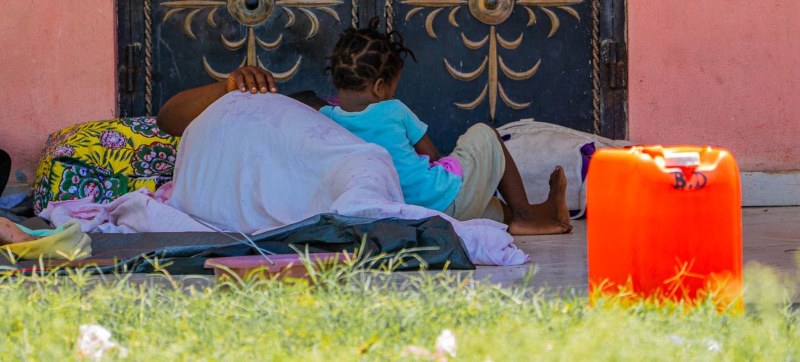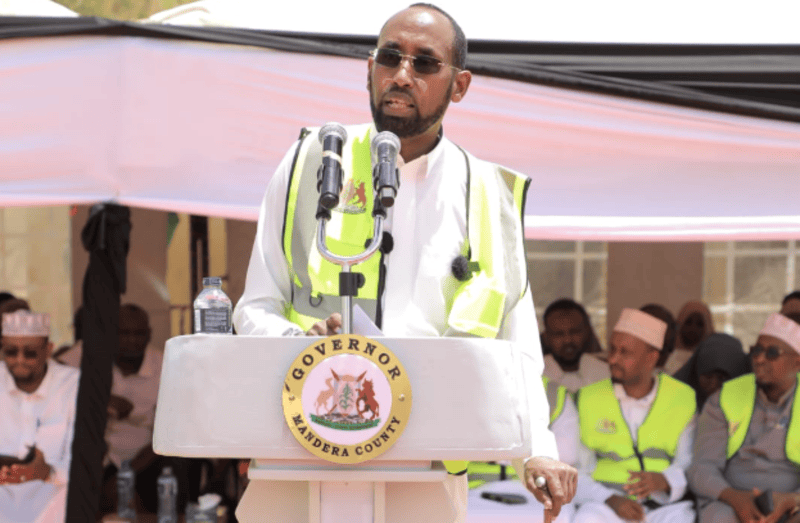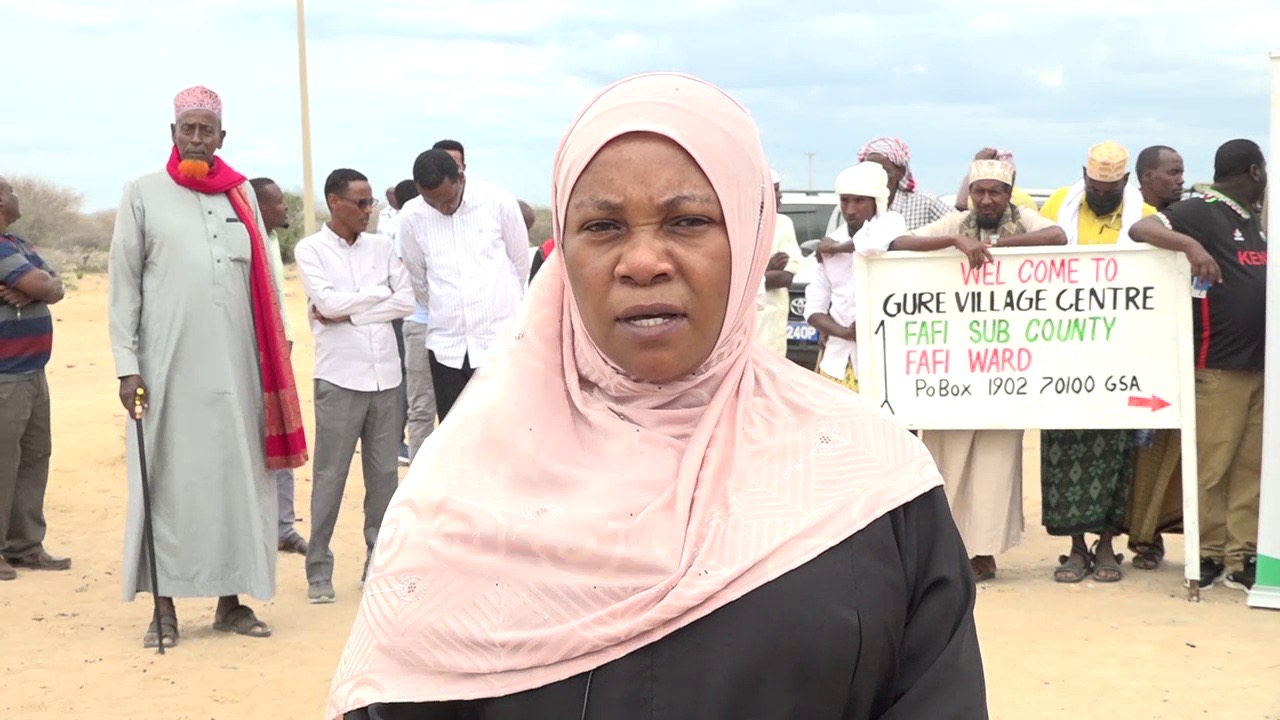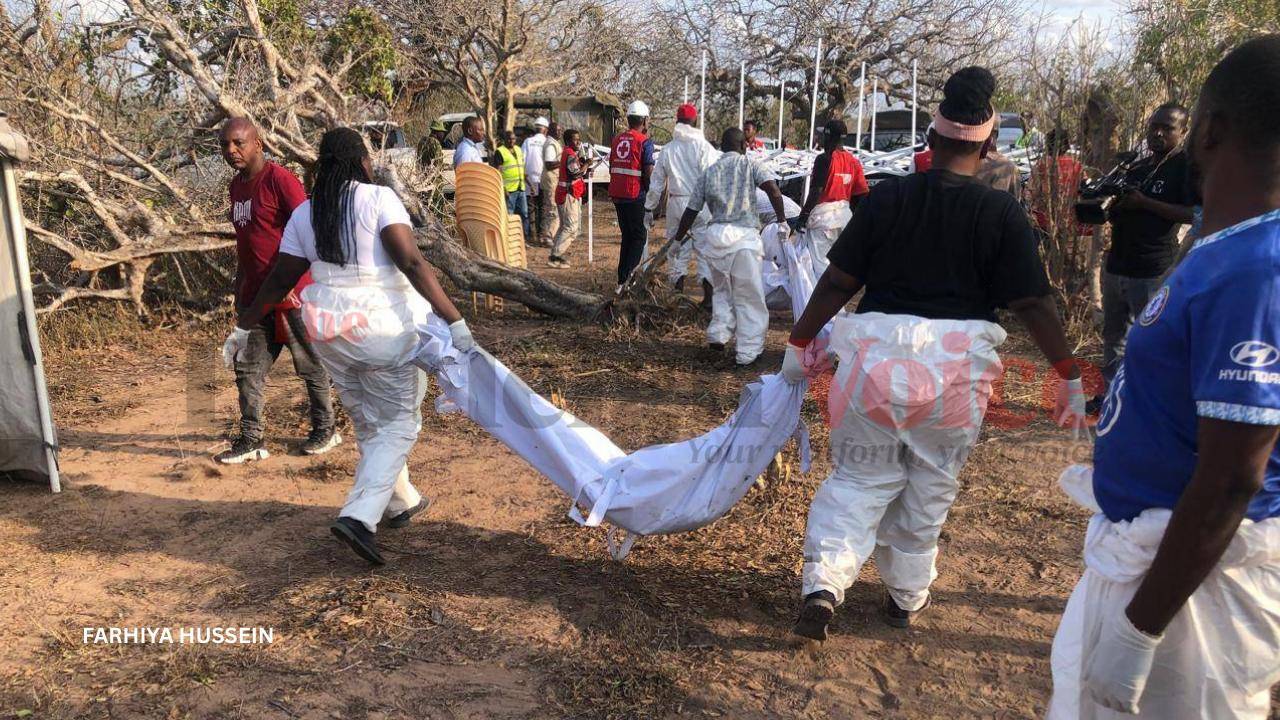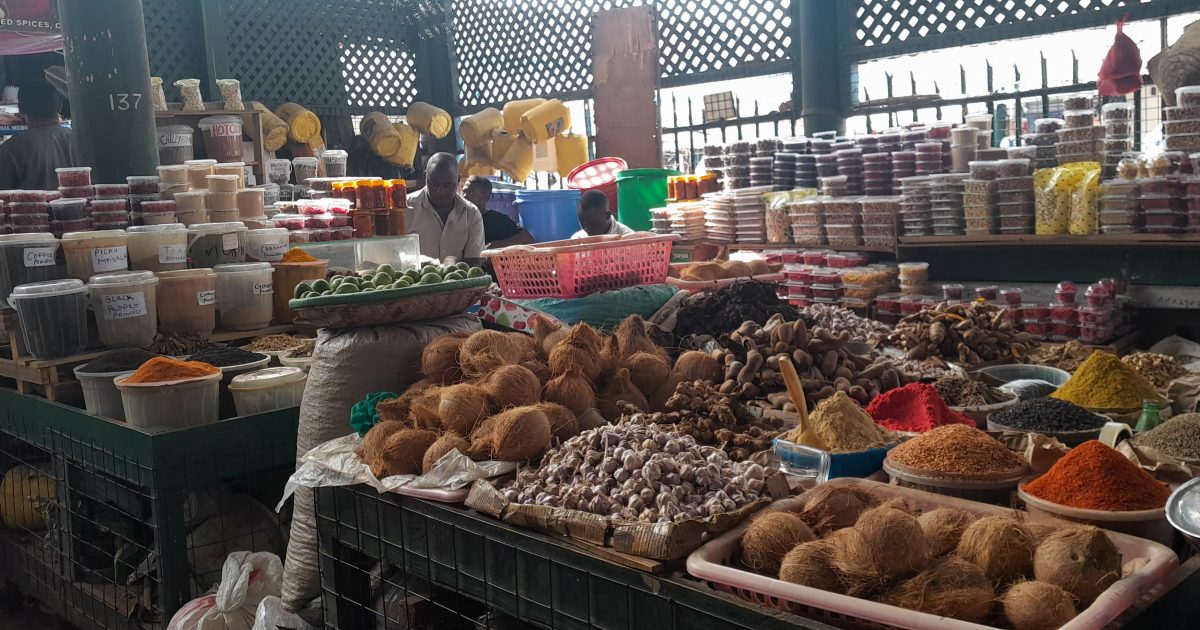Turkana marks major sanitation milestone as seven villages are declared Open Defecation Free
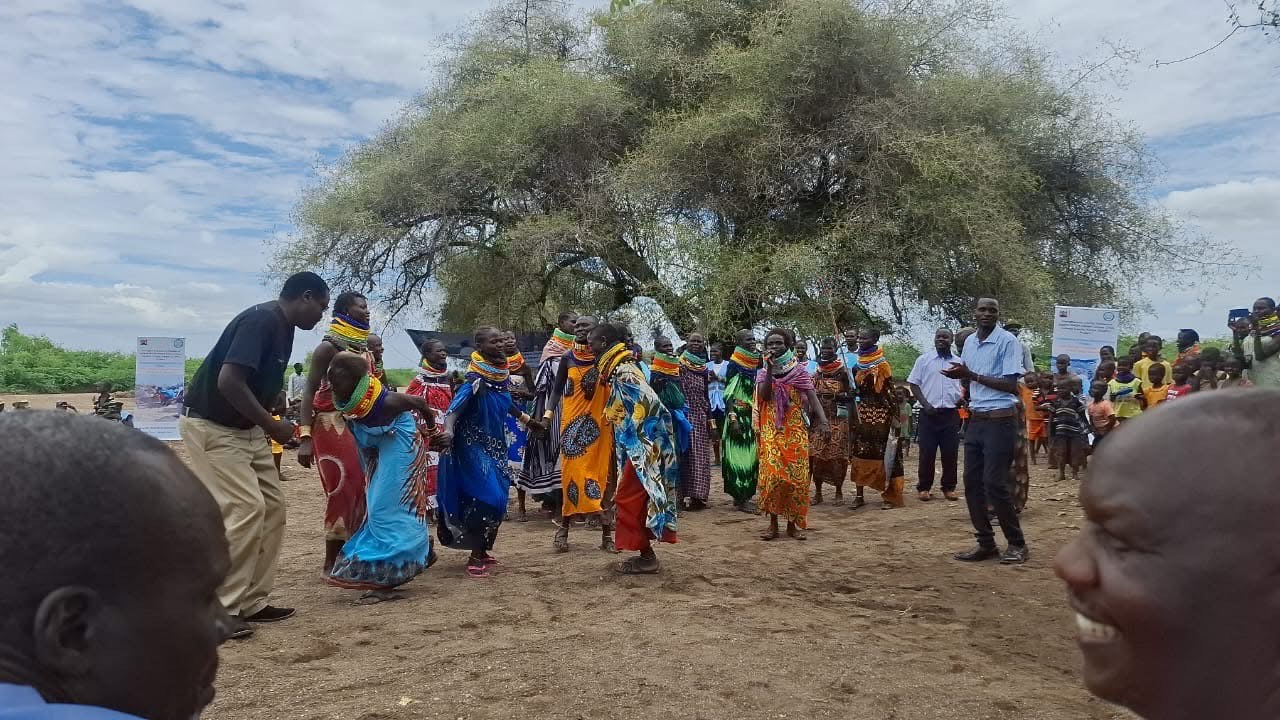
The certified villages — Akoros, Natomean, Emunyen A, Emunyen B, Kotome, RukRuk, and Alidat — form part of the Ilemkajokon Community Unit. Together, they are home to 1,503 residents across 354 households, including 207 children under the age of five.
In a major step towards improving sanitation in Turkana, the County Government, in partnership with UNICEF Kenya and the Korea International Cooperation Agency (KOICA), has certified seven villages in Loruth, Kaikor/Kaaleng Ward, Kibish Sub-County as Open Defecation Free (ODF).
The certified villages — Akoros, Natomean, Emunyen A, Emunyen B, Kotome, RukRuk, and Alidat — form part of the Ilemkajokon Community Unit. Together, they are home to 1,503 residents across 354 households, including 207 children under the age of five.
More To Read
- Sudan: ‘Devastating tragedy’ for children in El Fasher after 500 days of siege
- Turkana and Mandera lead in open defecation despite national progress
- 2.1 billion people still without safe drinking water - UN report
- Ethiopia begins registration of 7.4 million learners amid education crisis
- How Turkana border communities are strengthening disease surveillance
- It’s time to end physical punishment of kids once and for all, WHO says
Former Acting Deputy Director for Preventive and Promotive Services, Ismael Ekaran, emphasised the importance of sanitation in saving lives.
“We are here to ensure the community understands the importance of toilets in preventing avoidable diseases,” he said.
The county government stated that the initiative is part of the Strengthening County Resilience Against WASH-related Climate Crisis in Turkana (SCORE II) project, launched in March 2025.
Running from November 2024 to June 2027, the project aims to build resilience to climate-related Water, Sanitation, and Hygiene (WASH) challenges by integrating Community-Led Total Sanitation (CLTS) and Integrated Water Resources Management (IWRM).
UNICEF Kenya’s Chief of WASH, Haile Gashaw, noted that Turkana remains one of Kenya’s 15 counties most affected by open defecation.
“Working with the county government, we’re making strong progress. Over 58 per cent of targeted villages are now ODF certified, including these seven,” he said.
The stakeholders added that SCORE II builds on the achievements of SCORE I, which concluded in 2023 and significantly improved WASH services in the region.
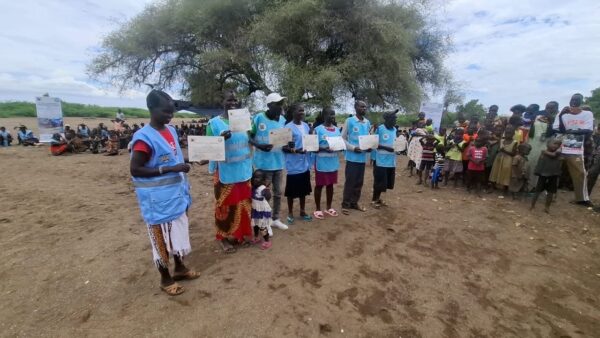 Community members from the seven villages certified as Open Defecation Free celeberate the event held in Turkana county with dance and songs. (County press)
Community members from the seven villages certified as Open Defecation Free celeberate the event held in Turkana county with dance and songs. (County press)
According to the county government, the ongoing project targets 139,500 rural residents with access to climate-resilient water infrastructure and aims to certify 620 villages as ODF, indirectly benefitting more than 407,000 people across Turkana North, Kibish, Loima, and Central sub-counties.
KOICA Kenya’s Deputy Country Director, Hwayeong Bae, praised the collaboration and community commitment.
“Turkana has been a key partner in our WASH efforts. We aim to eliminate open defecation by 2030, and this success would not be possible without the dedication of community members,” she noted.
In May 2025, Loruth village, which previously had only 17 toilets, was transformed under the project.
Triggering sessions led by Community Health Promoters (CHPs) sparked widespread behavioural change. Latrine coverage rose to between 73 per cent and 86 per cent, handwashing practices improved from 10 per cent to 80 per cent, and diarrhoeal cases among children under five dropped from 20 to nine by the end of July.
However, despite this progress, more than 60 per cent of Turkana residents still practise open defecation, according to Rotuno Kipsang, UNICEF Chief of the Lodwar Zonal Office.
“Without continued action, diarrhoeal cases will keep rising, endangering young children,” he warned.
County WASH Coordinator, Reiben Kibyego, applauded the community’s dedication but urged sustained effort.
“This is a celebration of the success these villages have achieved since May. But unless we maintain the momentum, we risk backsliding,” he cautioned.
Kibish Sub-County’s Medical Officer of Health also confirmed a noticeable decline in WASH-related illnesses.
The Loruth milestone marks significant progress for SCORE II and brings the county closer to its long-term goal of universal access to safe water and improved sanitation.
Community Health Promoter, Clement Lotiang, shared that out of the 56 villages he supports, 44 now have toilets, with sensitisation ongoing in the remaining 12. He emphasised the realism and effectiveness of the triggering sessions.
Nely Akai, a resident who is a mother of eight, is among the early adopters who have embraced the changes.
“Since May, there has been no sickness in my home. We now boil drinking water, wash our hands, and maintain our toilet. We didn’t realise how unhealthy our lifestyle was,” she said.
Stakeholders also lauded CHPs in the area, who are actively engaging with pastoralist communities to promote sanitation awareness and correct misconceptions.
Top Stories Today
Reader Comments
Trending

